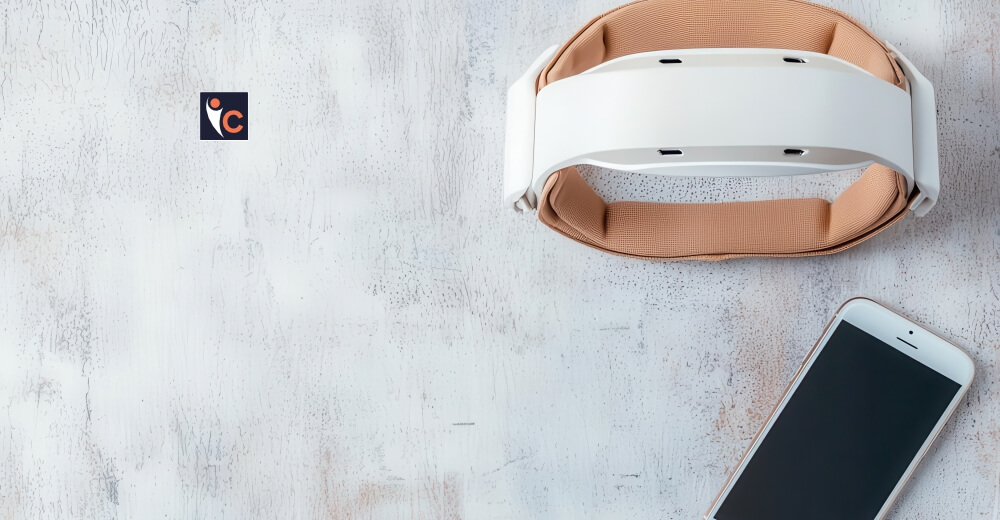Opportunities and Security Challenges
Today’s world has become tech-friendly, and these advancements have not only made our lives simpler but also life-saving. Our health is constantly being monitored and tracked through the smart devices and apps. A simple smartwatch can determine the potential risk of heart attack through continuous monitoring. This integration of Internet of Things (IoT) into healthcare is transforming the medical field by improving patient care and operational efficiencies. However, with the progression in these advancements comes security challenges associated with the patient data.
This article will explore some of these challenges and ways to address them effectively.
Challenges and Opportunities Offered by IoT in Medical Devices
You might want to step into a world where your doctor knows you are sick before you do. As the health care centers that function like well-oiled machines and your body being constantly observed and diagnosed around the clock without visiting a doctor. This is how IoT has influenced the health care and the patients.
Your Body is a Data Factory
Smart watches are not longer just a device that counts the number of steps you take. This is about smart pills, heart monitors that don’t need to rest, and glucose monitors that makes the use of lancets look medieval. These gadgets are making patients ‘walking, talking data’. They are able to read potential trouble before it turns into a disaster thus reducing hospital readmissions and thus controlling the cost of healthcare.
Security Concerns of IoT Medical Devices
Data Privacy Concerns
Because the patient’s health data is collected and transmitted using IoT devices, there is a serious concern on the privacy implications thereof. It may also result to violation of the patients right to privacy since their information if in the wrong hand might be used to commit illegal activities like identity theft. Besides, it is important to protect the data of the patient and therefore the data transfer should be encrypted and secured by proper protocols. It means that the healthcare providers are to consider these factors in order to maintain patients’ trust and legal requirements.
Vulnerability to Cyberattacks
Because of how IoT devices connect, they are very vulnerable to hackers to penetrate as they are. This means that it is possible to attack a medical device and as a result attack the whole healthcare network. For instance, ransomware attacks could potentially deny the healthcare providers an access into some of their systems and thus possibly slow down on some important patient services. Because the ramifications arising from these threats are very severe, healthcare organizations must employ adequate cybersecurity strategies to combat these.
Compliance with Regulations
It is quite cumbersome to deal with the voluminous regulations concerning data protection and privacy standards like the HIPAA in the United States. This is important in order not to trigger the legal consequences and to ensure the confidence of the patients. However, IoT is a relatively new field, and the technologies advance quickly, which may cause challenges in maintaining compliance. It is clear that organizations need to change their approaches to security regularly and adapt to the new rules and regulations while in the same time implementing new IoT devices and systems.
Integration and Interoperability Challenges
Implementing multiple IoT devices and systems in the healthcare environments call for compatibility challenges that relate to the integration of devices from different manufacturers. Such lack of standardization could impede data sharing and make the process of running health care systems more challenging. In cases whereby the devices fail to integrate, it becomes the root cause of efficiency in the quality of patient care. Solving these issues would help healthcare providers to optimally harness IoT possibilities.
Conclusion
IoMT has enhanced patient care with its all-time monitoring and quick analysis. Healthcare professionals are taking benefits of this technology. The future for IoMT is two-folds- one with open opportunities and the other with a set of security concerns. While
With continuous advancements in the field, the use of IoT Medical devices will keep increasing. In order to mitigate these risks, healthcare systems must ensure strict security measures.










